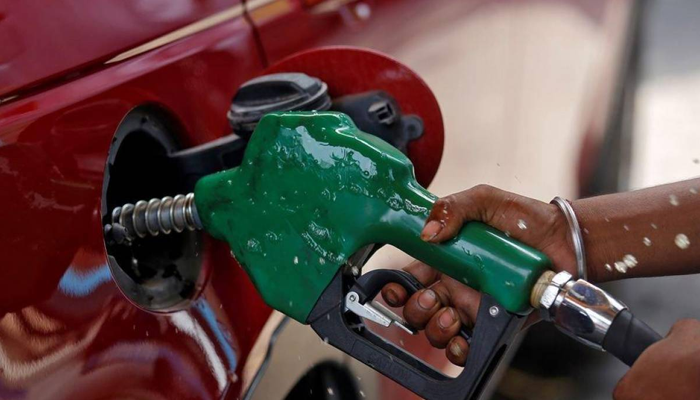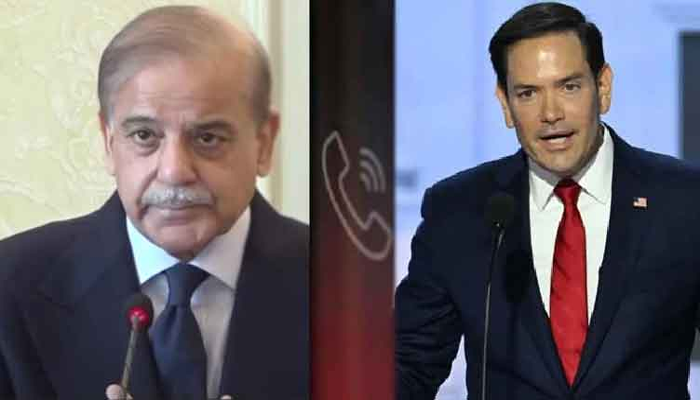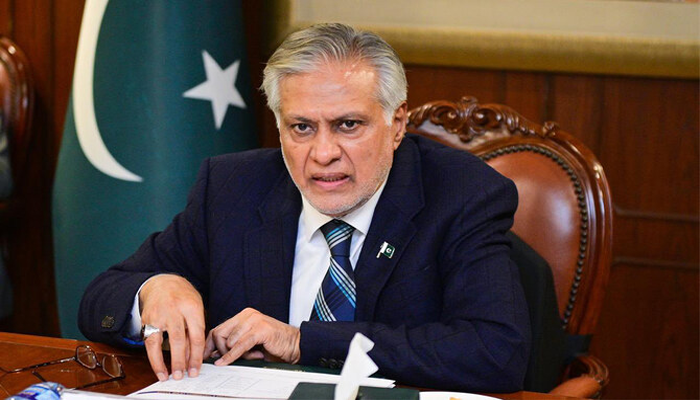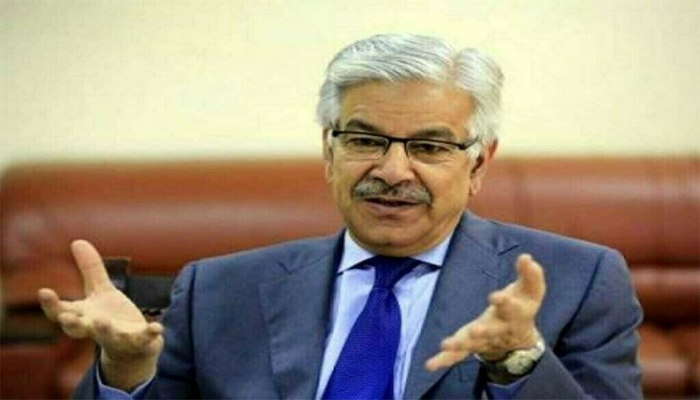ISLAMABAD: The interim government of Pakistan has adjusted petroleum product prices, raising them by a maximum of Rs20 per litre for the upcoming two weeks, citing an uptick in global oil rates.
The Finance Division released a statement late Tuesday, explaining that due to recent fluctuations in international petroleum prices over the past fortnight, consumer prices within Pakistan would be recalibrated accordingly.
Specifically, the cost of petrol will witness a Rs17.50 per litre increase, while high-speed diesel (HSD) will be subject to a Rs20 per litre hike. These revised prices will come into effect from August 16.
Formerly, on August 1, the previous Pakistan Democratic Movement (PDM)-led government had announced a significant Rs19 per litre escalation in both petrol and diesel prices, attributing the decision to the surge in global oil prices.
The declaration, originally slated for July 31, was delayed as officials aimed to gauge and mitigate the potential inflationary effects of the price adjustment on the populace, already burdened by inflation.
Ishaq Dar, then serving as finance minister, stated the increase was an unavoidable outcome due to Pakistan's commitment to the International Monetary Fund (IMF) in implementing the petroleum development levy (PDL) on the rates.
This most recent elevation in fuel prices is anticipated to trigger another round of inflation in August.
In May, inflation hit a staggering 38%, prompting the State Bank of Pakistan (SBP) to maintain the key interest rate at 22%, considering a modest decrease in inflation the prior month.
The Monetary Policy Committee (MPC) specifically noted the expectation of a gradual decline in year-on-year inflation over the subsequent year, indicating a substantial positive real interest rate.
Years of financial mismanagement, coupled with the challenges posed by the COVID-19 pandemic, a global energy crisis, and severe floods inundating a third of the country in the previous year, have strained Pakistan's economy to its limits.
However, Pakistan recently secured a $3 billion standby agreement with the International Monetary Fund (IMF), offering temporary relief for the nation's mounting foreign debt.
The accord mandates the cessation of various subsidies designed to aid the impoverished, aligning with the global trend of rising oil prices.









